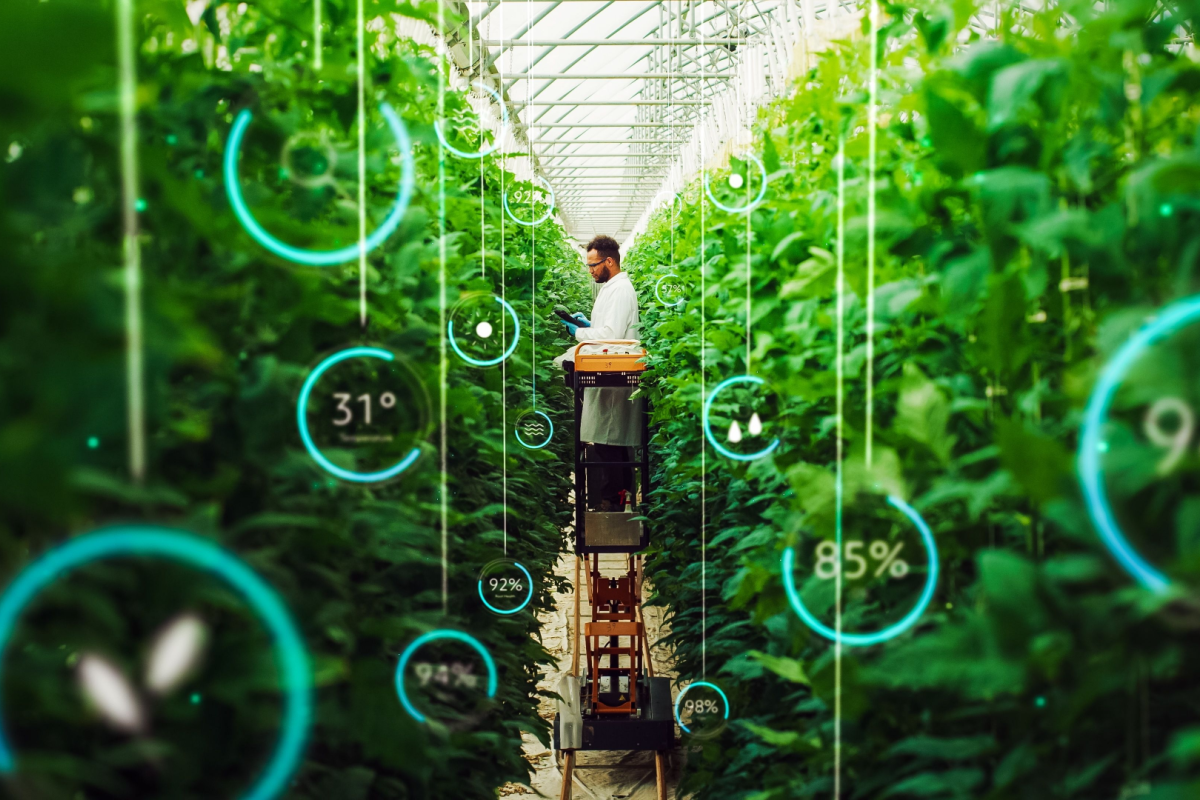The landscape for food tech startups in the past year has been marked by a distinct tightening of investment belts, reflecting broader economic pressures and a shift in investor sentiment. According to data from Pitchbook, investments in early-stage food technology companies have been on a downward trajectory through the third fiscal quarter of 2023.
Decline in Venture Capital Funding
In a striking development, food tech funding reached only $2 billion in the quarter through 205 venture capital deals. This represents an approximately 14 percent decrease in funds compared to the previous quarter, marking the eighth consecutive quarter of declining investments in the category.
Alex Frederick, a senior analyst at Pitchbook, attributes this downturn to a pullback by nontraditional investors, resulting in less capital for those in later stages of growth. He suggests that these food tech startups might have to consider expensive financing methods like venture debt or find new investors at lower valuations.
Related: Top 15 Best Food Companies to Work For in 2024, According to Forbes
Spotlight on Alternative Proteins and Online Groceries
Despite the overall downturn, certain segments within the food tech industry have captured significant investor interest. Alternative protein companies, focusing on plant-based and precision fermentation innovations, along with online grocery platforms, have accounted for the largest deals in the quarter.
Highlights include Oatside’s plant-based dairy securing a $73.3 million Series A investment, and fermented protein producer Meati raising $50 million in Series C funding. Konscious Foods, a plant-based seafood company, obtained $26 million in seed funding, and cultivated meat producer Meatable received $35 million.
Additionally, significant mergers and acquisitions featured Spoonshot, a food intelligence firm, being acquired by Target Research Group, and Shore Seaweed, a plant-based protein company, being bought by Scotland’s Aquascot.
The Broader Market Context
Contrary to the decline in overall funding, Pitchbook’s findings reveal that food tech deal sizes and valuations have reached all-time highs in 2023. The median deal was worth $4 million, up 33 percent compared with 2022, and median valuations surged by 58 percent to $23.6 million. This suggests that while the number of deals may be falling, the value and quality of the deals that do go through are on the rise.
Despite this, the total value of venture capital deals for food tech startups has halved for the second consecutive year. Overall global venture capital funding for the sector fell to $9.2 billion in 2023 from $22.5 billion in 2022. This decline reflects difficult market conditions, including inflation and high interest rates, and a challenging environment for exits through acquisitions or initial public offerings (IPOs).
Nevertheless, certain segments like e-commerce have shown resilience, with substantial investments flowing into delivery and ghost kitchen startups.
Looking Ahead
The future for food tech startups appears to be at a crossroads, with investors becoming more selective but also recognizing the potential of innovations in alternative proteins, fermentation technologies and e-commerce. The industry’s ability to navigate these challenges and adapt to market demands will likely determine the trajectory of funding and growth in the coming years.
As the market conditions evolve, startups that can demonstrate scalable, impactful solutions stand to gain the most, securing their place in the rapidly changing landscape of food technology.
If you want your company to be featured on Xtalks.com, please email [email protected].












Join or login to leave a comment
JOIN LOGIN